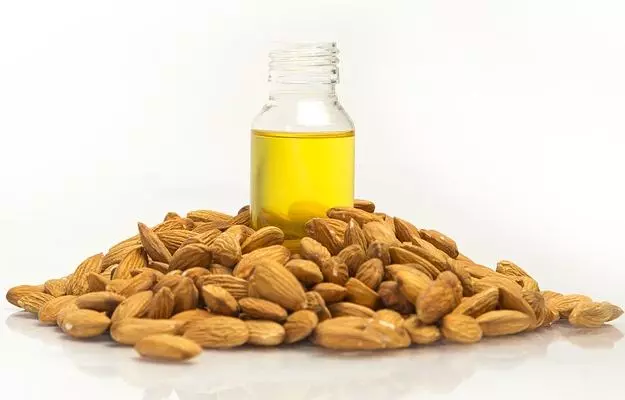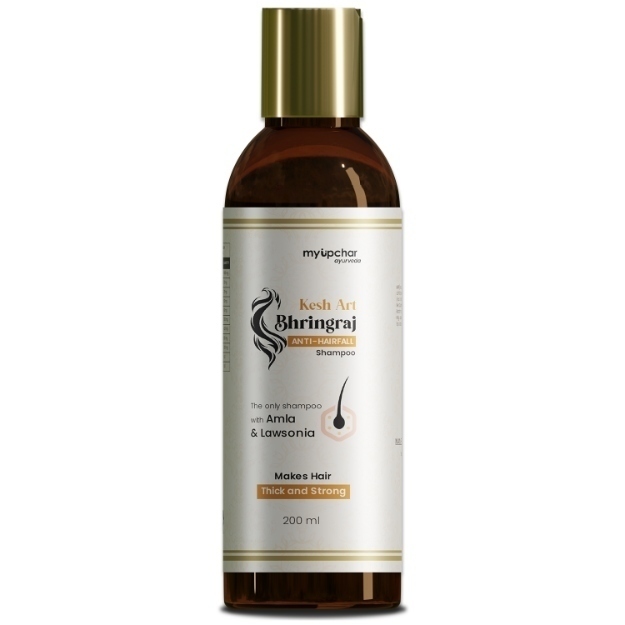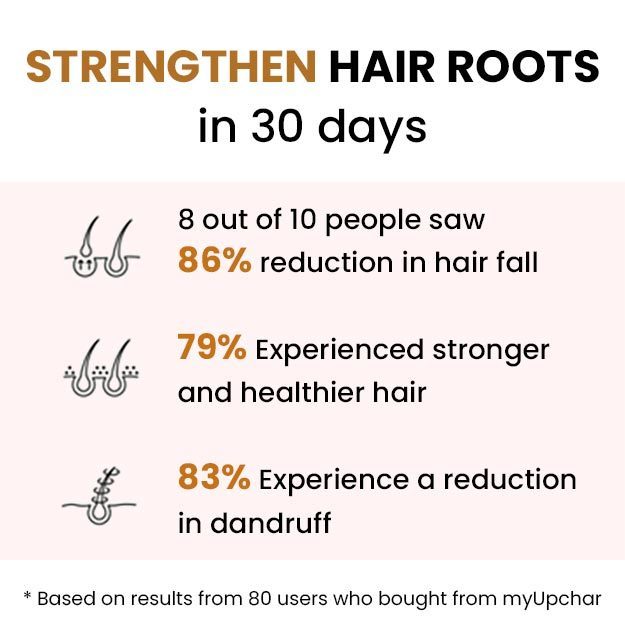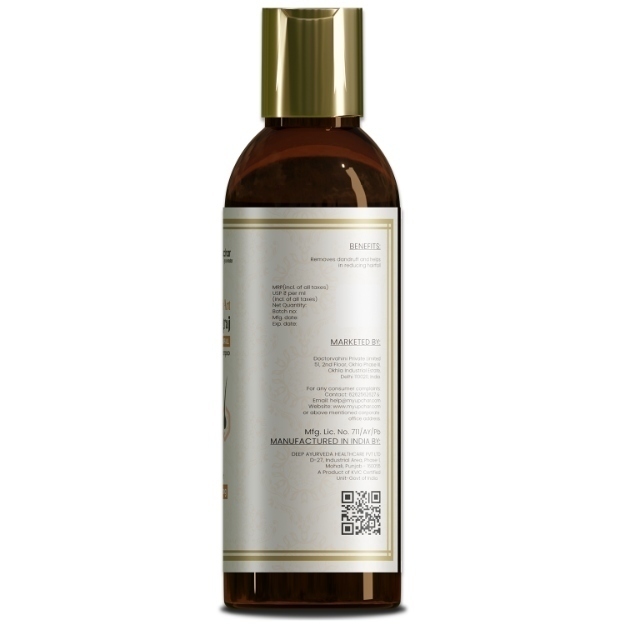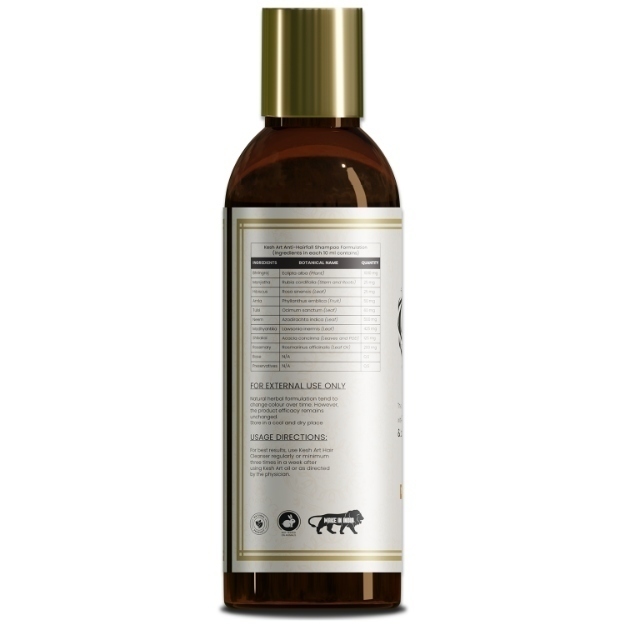Almond oil also known as Oleum Amygdalae extracted from almond fruit is a plant oil which is variously used for medicinal purposes, cosmetics, and aromatherapy.
There are two types of almond oil depending on the type of almond seeds used for extraction. Bitter almond extracts give a bitter almond oil which is usually classified as an essential oil. It is mainly used in skin care products for its fragrance and medicinal benefits. However, the bitter almond oil contains some toxins and hence its consumption is not advisable. Sweet Almond Oil is the more popular form and is normally referred to as almond oil. It is derived from sweet almonds which are cultivated, unlike bitter almond trees which grow in the wild. Sweet almond oil or almond oil can be used for both internal consumption and external application. Also, it has several applications in traditional medicine and cosmetics industry.
Various methods are used for extraction of almond oil from dried almonds. The solvent processing method uses chemicals and exposes the seeds to high temperature which results in the loss of some of the nutrients of the raw almond oil. However, this oil is more heat resistant and cost-effective. On the other hand, the traditional cold pressing process involves extraction of oil at low temperature, thus, making it a healthier option.
While many options of commercially prepared almond oil are available, it can also be prepared at home by using a blender. Usage of dry almonds is essential for this process. After blending them properly, they should be kept aside for a couple of weeks for the oil to separate out. The oil can then be used for skin and hair care. It also has many other health benefits. Before discussing those in details, let us have a look at some basic facts of almond, a drupe, which is the source of the almond oil.
Some basic facts about almonds:
- Botanical Name: Prunus dulcis
- Family Name: Rosaceae
- Common Name: Almonds, Badam.
- Native Region and Geographical Distribution: Almond trees are said to grow best in regions with warm climates, that is places with dry summers and wet winters. The tree is native to Middle East countries, India and Pakistan. However, the largest producer of almonds in the world is the United States. California is especially known for its almond oil production followed by Spain and Iran. In India, almonds are mostly produced in Himachal Pradesh, Kashmir, and the Himalayan regions.

